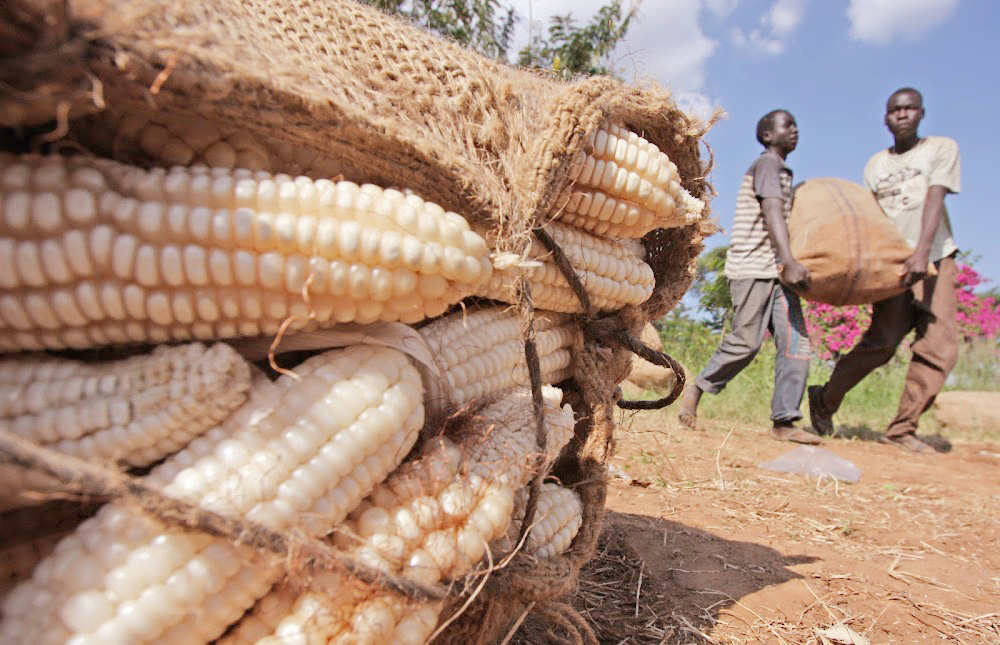Socio-economic and socio-political maturation go hand in hand with increased reading

What you need to know:
- Those charged with overseeing our education should consider advocating for a greater love of reading, especially of our locally produced literature and dailies. Young people should have a better understanding of our social, political, and economic life.
Globally, the consumption of literature, as established by researchers, has considerably dropped, especially in the genre of news, dailies, and periodical public circulations.
While these are current affairs that directly affect the existing generation, an interest in those seems to bypass readers in the younger age groups, beginning with young adults going down. The adults have remained to be readers, for those who were, especially of the print media.
Many things have caused this negligence of print literature, among others: the ease of accessing the same information via free online platforms. However, this has come with even more complex issues that draw people away from news altogether due to the strong waves of fake news, engineered journalism, repeated traumatic events and bad news happening all over the globe, dissimilar repetitions, ambiguities, etc.
In addition to that, newspapers and tablets are considered by younger generations as outdated, almost as if they should be replaced by social media. While the news may be the same, as events are the same, the difference is in the quality of what is communicated in public.
Most social media publishers hardly have as keen editorial desks as the traditional press, especially the print press. Also, it is scary to see the ease with which one can become a source of news and also the freedom in most places to go scot-free even after manipulating information.
Locally, the socio-political reality is expressed still more strongly in the traditional media, mostly print. The socio-economic affairs are discussed in depth in print media, which young people who are beneficiaries of both its provisions and policies do not find interesting.
The goal of well-edited newspapers is to reach the entire reading population, cutting across all age groups, genders, and backgrounds, assuming that people are passionate about the affairs in their country and deserve to be informed properly. Yet the different age and generational groups do not appreciate ‘news’ in the same way.
This is the reason in more developed countries newspapers are cheap, and some are completely free. Why? It is because their governments see the need to have their people rightly informed by the serious press about the affairs of their countries in all aspects, including entertainment, sports, etc., which they still know that people will be able to access information about online.
As a developing nation, we really need to be a reading nation. It is not praiseworthy that our young people boast of not reading. Being educated is good, but it is not sufficient; we still have to be very updated and informed.
There is a danger, especially with social media, which tends to produce a certain type of content that is not intended for learning. Social media platforms are primarily designed for entertainment; this is why one can hang on for hours and be distracted from work, etc., a trend particularly common among younger generations.
Those charged with overseeing our education should consider advocating for a greater love of reading, especially of our locally produced literature and dailies. Young people should have a better understanding of our social, political, and economic life.
It is by being informed that we can learn newer ways of participating and being relevant to the society around us. Being updated on both serious local and international affairs allows us a wider lens to weigh and judge the situations in our country and in our localities comparatively, pushing us to discover the need for change and growth.
While our young people can be invested in the life they see online, that will not make our country grow. While our country is still ascending the ladder of growth in many ramifications, not all problems in our country are due to the negligence of our leaders. There is also a place for young people to be change-makers even outside the mainstream system, right where we are. Reading can also be a remedy for idleness among young people who consider being idle to be the right response to the problem of unemployment.
It is also important that locally produced newspapers find their way to the lowest levels of our education system. Our young children, even in primary schools, can be provided with newspapers to engage them with social and political issues in their country and also to have specially tailored children’s content in newspapers that can benefit them and contribute to building a future reading nation.
No country is richer than a country with a reading population, as being informed makes people responsible for acting rightly. It is wonderful when acting responsibly becomes a pattern of our living; it will certainly lift us far from where we are now.
Shimbo Pastory is a Tanzanian advocate for positive social transformation and a student at the Ateneo de Manila University, Manila, Philippines. Website: www.shimbopastory.com





